The Growing Popularity of 7-OH and Kratom: Why We Are Against 7-OH Products
In recent years, natural supplements like kratom have surged in popularity, especially among individuals seeking alternative ways to enhance mood, increase energy, and find relief. Amid this rise, one particular compound—7-hydroxy mitragynine (commonly known as 7-OH)—has generated significant debate. While kratom has a rich history of traditional use, the emergence of 7-OH products has sparked concern, leading many in the industry, including our company, to take a strong stance against their use.
In this post, we’ll delve into the growing appeal of 7-OH and kratom while explaining why we oppose 7-OH products, despite supporting the responsible use of natural kratom.
The Rise of Kratom
Kratom, derived from the leaves of the Mitragyna speciosa tree native to Southeast Asia, has been a staple in traditional communities for centuries. People in countries like Thailand and Indonesia have used kratom to help boost energy, enhance mood, and manage everyday discomforts. Chewing the leaves or brewing them into tea, they valued its unique ability to help them tackle long days of physical labor while staying grounded and focused.
In more recent years, kratom has gained widespread popularity in the Western world, where individuals use it as a natural alternative to boost energy and ease discomforts. Kratom’s effects come from its alkaloids, mainly mitragynine and 7-hydroxy mitragynine (7-OH). While mitragynine, the primary alkaloid, tends to produce milder effects, 7-OH is much more potent and is responsible for more intense, opioid-like effects—making it the subject of increasing concern.
7-OH: What Is It and Why Is It Controversial?
7-hydroxy mitragynine, or 7-OH, occurs naturally in small amounts within kratom leaves. However, some manufacturers have started creating products that artificially concentrate 7-OH, significantly enhancing its potency. While the natural balance of alkaloids in kratom has been used safely for generations, concentrated 7-OH presents a much stronger interaction with opioid receptors, which has raised red flags.
This heightened potency brings 7-OH products closer in effect to synthetic opioids, making them far more addictive and risky. Health professionals have raised concerns over the potential for side effects like respiratory depression, dependence, and withdrawal symptoms. These risks, combined with the increasing availability of 7-OH products, have sparked alarm about their safety.
The Appeal of 7-OH Products
For those seeking natural alternatives to help with relaxation, energy, or relief from discomforts, kratom has always been an attractive option. However, 7-OH products, which offer more intense effects, have gained traction among those looking for quicker and more potent results. Many consumers are drawn to 7-OH because it is marketed as offering more powerful relief or mood enhancement compared to traditional kratom.
Unfortunately, this appeal can lead to misuse, as individuals may be unaware of the risks associated with consuming highly concentrated 7-OH products. While kratom’s natural benefits are well-regarded, 7-OH’s intense effects come at a significant cost.
Why We Are Against 7-OH Products
While we fully support the responsible use of kratom, we strongly oppose the use of 7-OH products for several critical reasons:
1. Increased Risk of Dependence and Side Effects
7-OH’s stronger interaction with the body’s receptors creates a higher risk of dependence and serious side effects, including respiratory issues. These risks are more akin to synthetic opioids, and artificially increasing the concentration of 7-OH in kratom products blurs the line between a natural supplement and something much more dangerous.
2. Disrupts Kratom’s Natural Balance
Kratom, in its natural form, contains a balanced mix of alkaloids that have been safely used for centuries. By extracting and concentrating 7-OH, manufacturers disrupt this natural balance, transforming kratom into something much stronger—and riskier. We believe in maintaining kratom’s natural form, which offers a more balanced and gentle experience without unnecessary risks.
3. Ethical Concerns Over Consumer Safety
Our top priority is the well-being of our customers. Concentrated 7-OH products expose consumers to heightened risks, often without their full understanding of the potential dangers. Transparency and safety are core values for us, and we cannot, in good conscience, support or endorse products that may put consumers at risk.
4. Lack of Long-Term Safety Research
While kratom has been used traditionally for centuries, the long-term effects of concentrated 7-OH remain unknown. Without sufficient scientific research on these concentrated products, we cannot guarantee their safety or efficacy. Until more research is available, endorsing 7-OH products would be premature and irresponsible.
5. Increased Regulatory Scrutiny
Kratom has already faced scrutiny from regulatory bodies like the FDA and DEA. With the rise of concentrated 7-OH products, there is a legitimate concern that regulators could impose stricter bans or even a federal prohibition on kratom. As advocates for the safe, legal use of kratom, we believe that 7-OH products could jeopardize access to kratom in its natural form for everyone.
The Future of Kratom: Staying True to Its Natural Roots
As kratom’s popularity continues to grow, the need for responsible industry practices is more important than ever. Kratom, in its natural form, has provided tremendous benefits to countless individuals, and we are committed to preserving its integrity. Concentrated 7-OH products deviate from the natural benefits of kratom and present unnecessary risks to consumers.
At Mitragaia, we remain committed to promoting safe, responsible kratom use. Our stance against 7-OH products reflects our dedication to consumer well-being and the preservation of kratom’s natural legacy. We believe in offering kratom in its purest, most balanced form—just as nature intended.
Conclusion
Kratom is a valuable natural supplement that has positively impacted the lives of many individuals. However, the rise of concentrated 7-OH products represents a troubling shift in the industry. While these products may offer more intense effects, they also introduce heightened risks, including dependence, severe side effects, and ethical concerns.
Our company firmly opposes 7-OH products because they go against the very principles of safety, transparency, and natural wellness that we stand for. By promoting kratom in its natural form, we can ensure that the industry continues to thrive while safeguarding consumer health and trust.
Together, we can protect kratom’s reputation and future by staying true to its natural roots, ensuring that it remains a safe, accessible option for those who benefit from it.


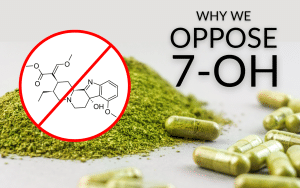

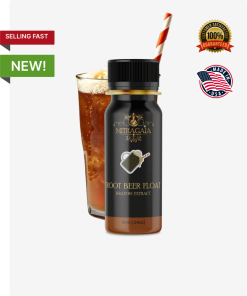
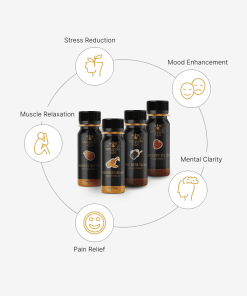
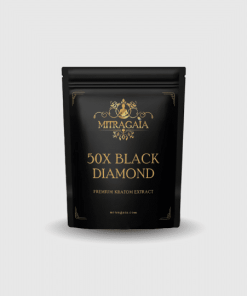
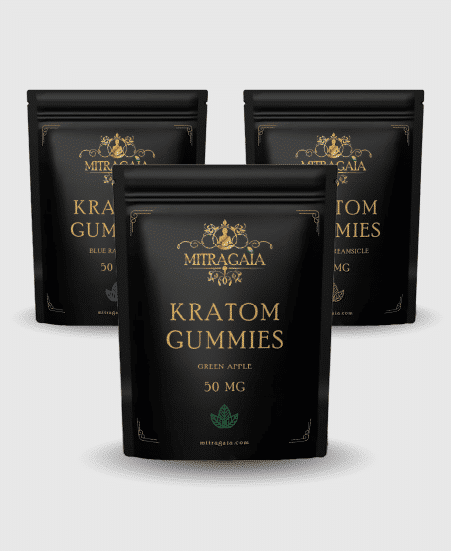
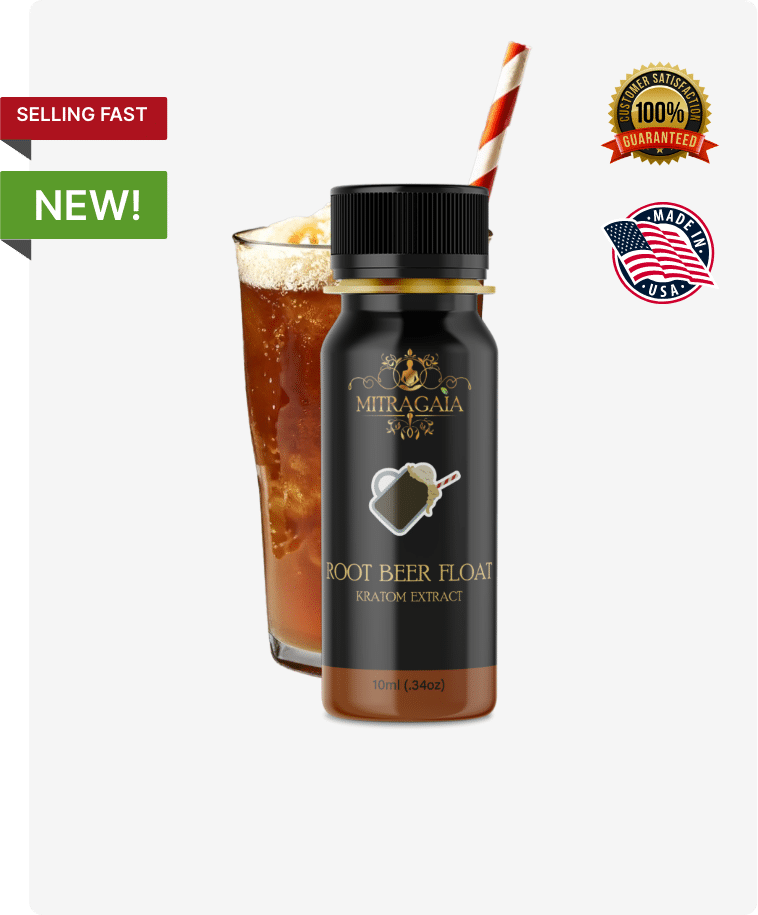
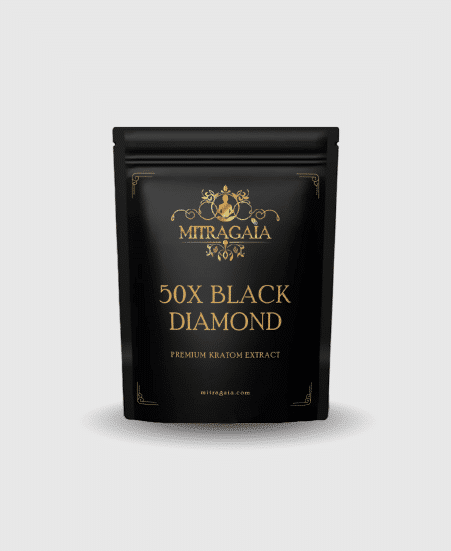
I understand the possible problem with 7-OH. I can’t say I don’t like it. I believe you have to be responsible using it. I love my Kratom but I have found I don’t need pain medication with 7-Oh. I think you have to be very cognitive of how much you use. Taking breaks from it and only using it at one or two tables a day. I still use my tea’s and powders regularly. With the 7-oh as enhancer. I do see where this could become a problem if you let it. So be vigilant if you decide to try it.
I understand the possible problem with 7-OH. I can’t say I don’t like it. I believe you have to be responsible using it. I love my Kratom but I have found I don’t need pain medication with 7-Oh. I think you have to be very cognitive of how much you use. Taking breaks from it and only using it at one or two tables a day. I still use my tea’s and powders regularly. With the 7-oh as enhancer. I do see where this could become a problem if you let it. So be vigilant if you decide to try it.